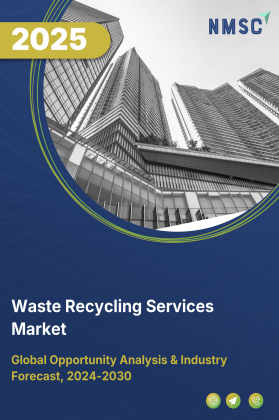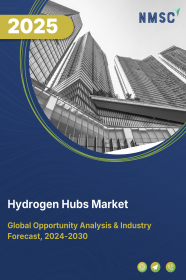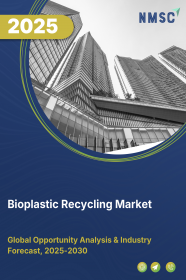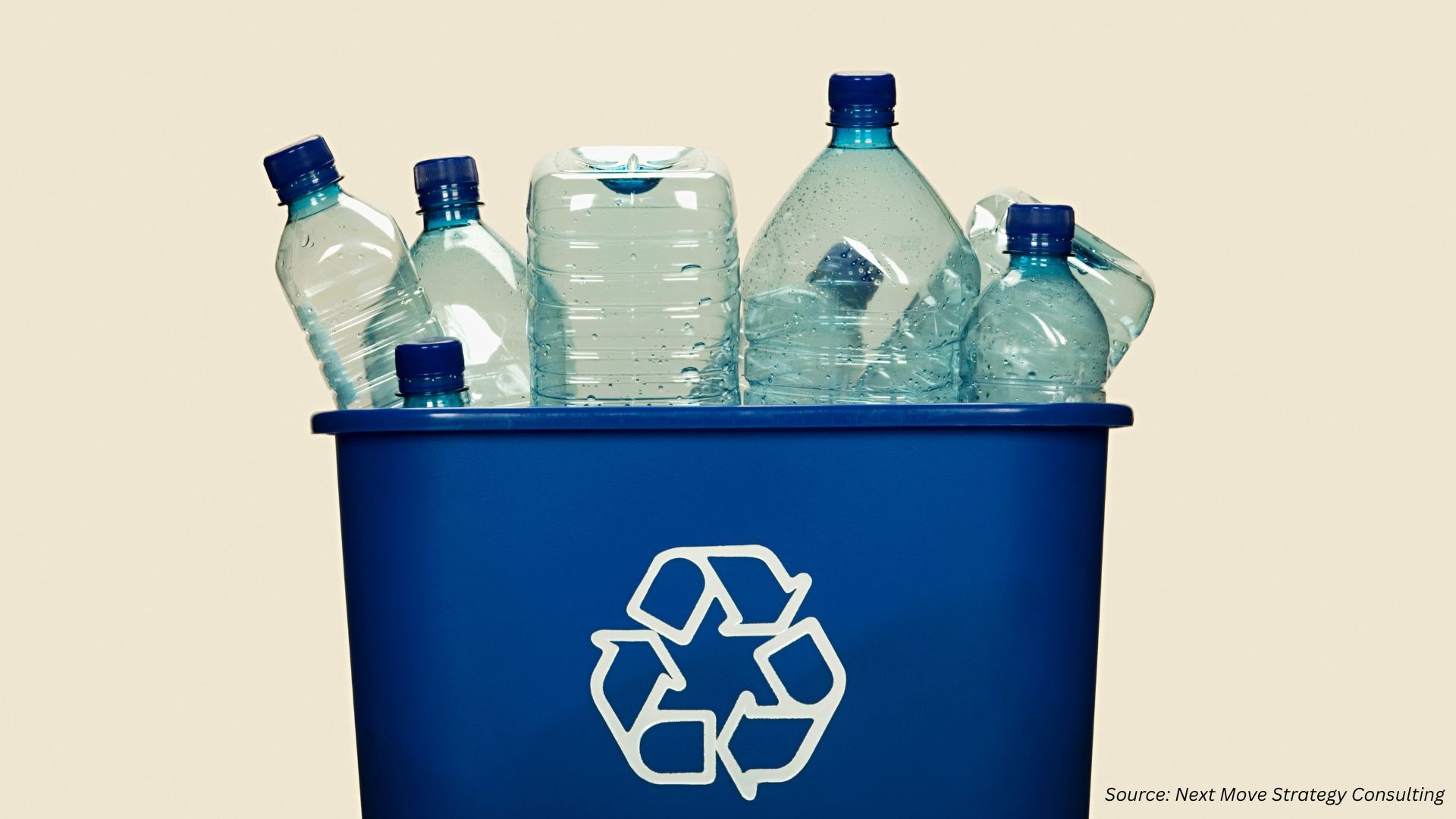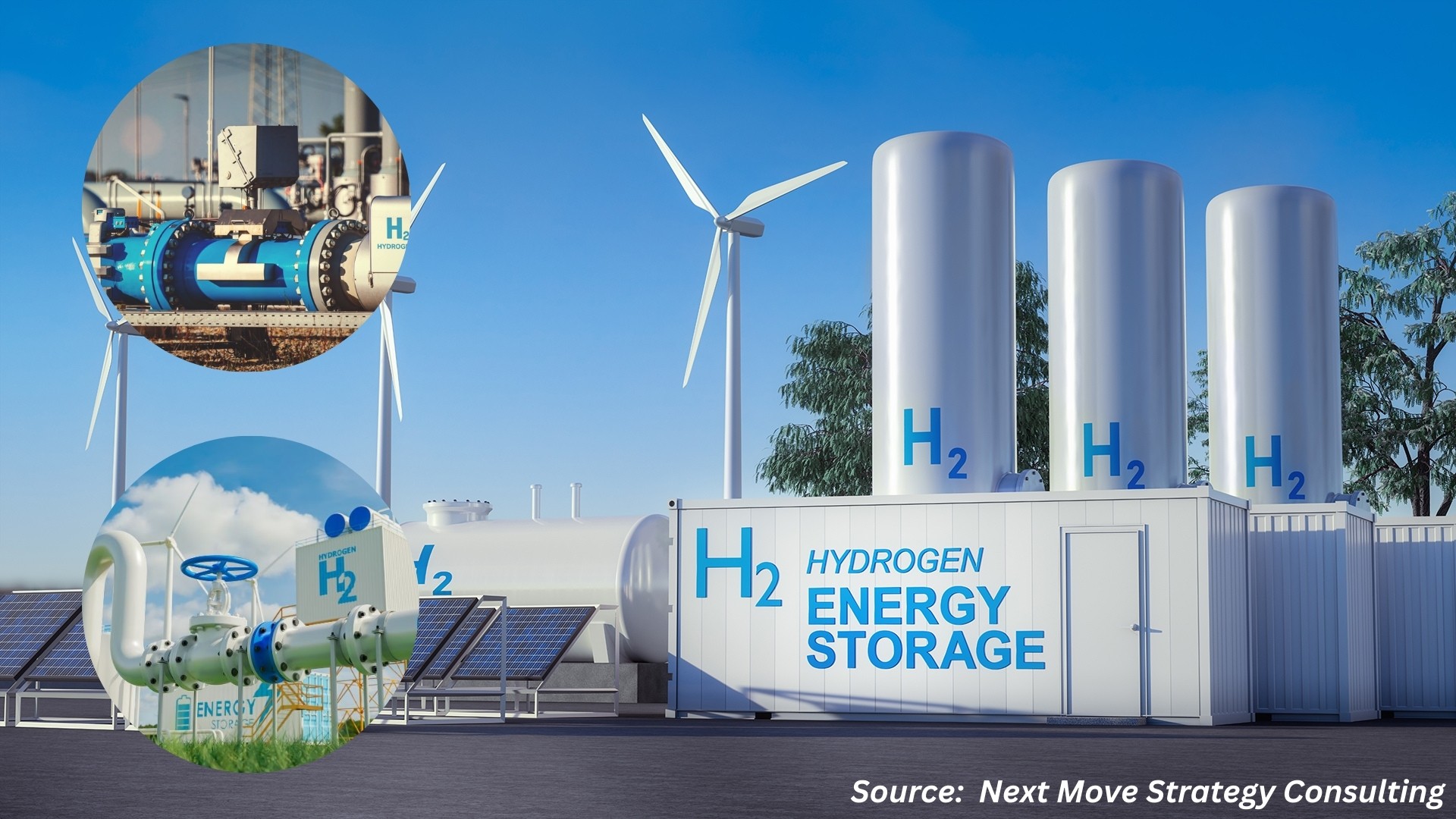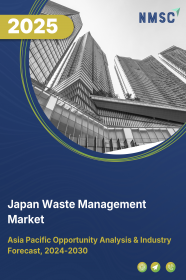
Japan Waste Management Market by Waste Type(Hazardous Waste, and Non-Hazardous Waste), by Service(Collection, and Disposal), by Source(Residential or Municipal Waste, Commercial Waste, and Industrial Waste) – Opportunity Analysis and Industry Forecast, 2024–2030
Industry: Energy & Power | Publish Date: 20-Oct-2025 | No of Pages: 134 | No. of Tables: 166 | No. of Figures: 111 | Format: PDF | Report Code : EP1251
Japan Waste Management Market Overview
Japan Waste Management Market size was valued at USD 51.75 billion in 2023, and is predicted to reach USD 81.45 billion by 2030, at a CAGR of 5.6% from 2024 to 2030.
The Japan waste management market involves a wide range of services and activities aimed at managing and mitigating the impact of waste generated by various sectors including residential, commercial, industrial, and healthcare. It includes the collection, transportation, processing, recycling, and disposal of waste materials in a manner that is environmentally responsible and sustainable.
The market also involves the development and implementation of technologies and practices that promote waste reduction, resource recovery, and the safe handling of hazardous materials.
Key components of the waste-to-product market include waste collection services, recycling facilities, waste-to-energy plants, landfill operations, and environmental consulting services. As awareness of environmental issues grows, the waste-to-product market continues to expand, driven by growing population, technological advancements, and increasing public demand for sustainable waste solutions.
Stringent Government Regulations and Circular Economy Mandates Drive Market Advancement
Japan's legal framework mandates high recycling rates, restricts landfill use, and enforces extended producer responsibility (EPR). The Basic Act on Establishing a Sound Material-Cycle Society (Act No. 110 of 2000) requires the government to establish a fundamental plan for promoting a sound material-cycle society, aiming to reduce waste and promote recycling.
Additionally, the Act on Promotion of Resource Circulation for Plastics (Act No. 60 of 2021), effective from April 1, 2022, promotes the circulation of plastics throughout their lifecycle, emphasizing the "3R + Renewable" principle.
Accelerating Urbanization and Limited Landfill Space Necessitate Advanced Solutions
Japan has over 90% of its population living in urban areas, creating the challenge of managing large volumes of waste within a geographically constrained and densely populated landscape. This demographic reality makes traditional landfilling unsustainable. The scarcity of available land, combined with high population density in cities, generates an urgent need for space-efficient and effective waste management methods.
This situation drives significant investment in advanced thermal treatment technologies, such as waste-to-energy (WTE) incineration and gasification, which drastically reduce waste volume while simultaneously generating energy.
High Capital Investment and Operational Costs Impede Scalability and Innovation
A primary restraint on the Japan Waste Management Market is the substantial financial burden associated with building, operating, and maintaining advanced waste treatment facilities. Technologies such as state-of-the-art incinerators, automated sorting systems, and chemical recycling plants require significant upfront capital investment. Furthermore, high operational costs—stemming from energy consumption, specialized labor, and adherence to strict environmental monitoring and reporting standards—can strain the budgets of both municipal and private operators. These high costs can act as a barrier to entry for smaller companies, limit the scalability of innovative new technologies, and slow the pace of infrastructure modernization across the sector.
Expansion of Waste-to-energy and Bio-waste Valorization Presents Major Growth Avenues
A significant opportunity lies in the continued expansion and technological advancement of the waste-to-energy sector. As Japan seeks to enhance its energy security and meet ambitious carbon neutrality goals, converting non-recyclable waste into electricity and heat offers a dual benefit. There is growing momentum to upgrade existing WTE plants and invest in next-generation thermal treatment technologies that offer higher efficiency and lower emissions.
Furthermore, there is untapped potential in the valorization of organic and bio-waste through processes like anaerobic digestion, which can produce biogas and nutrient-rich compost. Focusing on these areas allows the market to create higher-value products from waste streams, contributing to both the circular economy and the renewable energy landscape, and unlocking new revenue streams for market players.
Competitive Landscape
The promising key players operating in the Japan waste management industry includes Daiseki Co., Ltd., DOWA ECO-SYSTEM Co., Ltd., Ebara Environmental Plant Co., Ltd. Hitachi Zosen Corporation, JFE Engineering Corporation, Veolia Japan GK, SUEZ (Japan operations / SUEZ Asia), Asahi Holdings, Inc., Takeei Corp, Kobelco Eco-Solutions Co., Ltd., Midac Co., Ltd., NJS Co., Ltd., Mitsubishi Kakoki Kaisha Ltd. Rever Holdings Corp, Kaname Kogyo Co., Ltd., and others.
Japan Waste Management Market Key Segments
By Waste Type
-
Hazardous Waste
-
Solid Waste
-
Liquid Waste
-
Gaseous Waste
-
-
Non-Hazardous Waste
-
Food
-
Paper and Cardboard
-
Plastic
-
Glass
-
Metal
-
Water
-
E-Waste
-
Others
-
By Service
-
Collection
-
Collection and Transportation
-
Storage and Handling
-
Sorting
-
-
Disposal
-
Open Dumping
-
Incineration/Combustion
-
Landfills
-
Recycling
-
Composting and Anaerobic Digestion
-
By Source
-
Residential or Municipal Waste
-
Commercial Waste
-
Offices and Retail Stores
-
Hospitals
-
Restaurants
-
Other Commercial Sources
-
-
Industrial Waste
-
Manufacturing Waste
-
Construction, Renovation, and Demolition Waste
-
Agriculture Waste
-
Medical Waste
-
Other Industrial Sources
-
Key Players
-
Daiseki Co., Ltd.
-
DOWA ECO-SYSTEM Co., Ltd.
-
Ebara Environmental Plant Co., Ltd.
-
Hitachi Zosen Corporation
-
JFE Engineering Corporation
-
Veolia Japan GK
-
SUEZ (Japan operations / SUEZ Asia)
-
Asahi Holdings, Inc.
-
Takeei Corp
-
Kobelco Eco-Solutions Co., Ltd.
-
Midac Co., Ltd.
-
NJS Co., Ltd.
-
Mitsubishi Kakoki Kaisha Ltd.
-
Rever Holdings Corp
-
Kaname Kogyo Co., Ltd.
Report Scope and Segmentation
|
Parameters |
Details |
|
Market Size Value in 2023 |
USD 51.75 billion |
|
Revenue Forecast in 2030 |
USD 81.45 billion |
|
Value Growth Rate |
CAGR of 5.6% from 2024 to 2030 |
|
Analysis Period |
2023–2030 |
|
Base Year Considered |
2023 |
|
Forecast Period |
2024–2030 |
|
Market Size Estimation |
Billion (USD) |
|
Growth Factors |
|
|
Companies Profiled |
15 |
|
Customization Scope |
Free customization (equivalent up to 80 working hours of analysts) after purchase. Addition or alteration to country, regional, and segment scope. |
|
Pricing and Purchase Options |
Avail customized purchase options to meet your exact research needs. |

















 Speak to Our Analyst
Speak to Our Analyst



